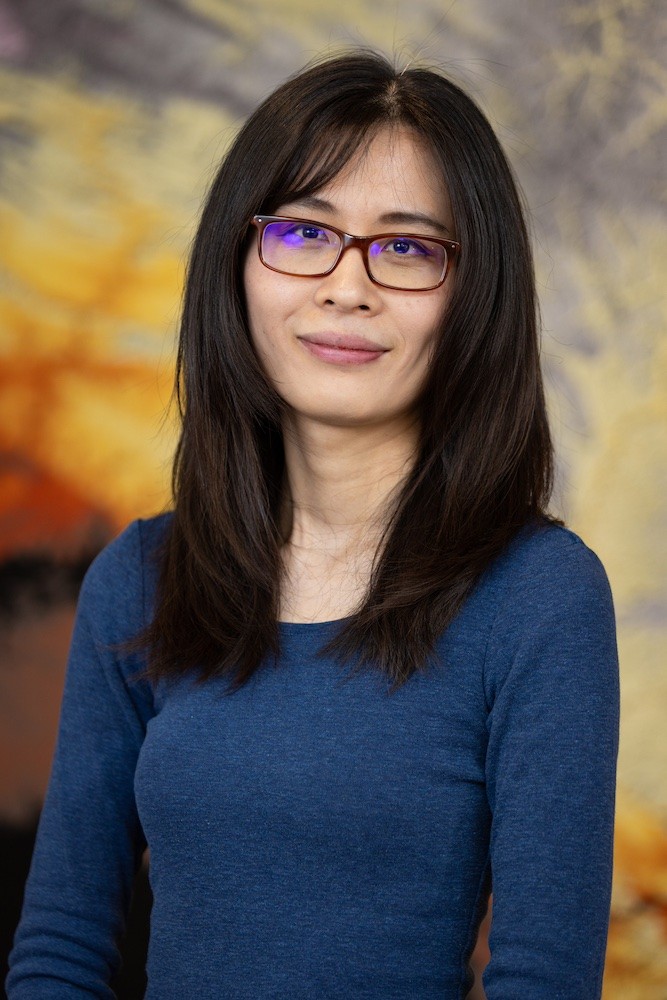News directly from Cornell's colleges and centers
Klarman Fellow: AI has a lot to learn from “flexible and reliable” human memory
By Kate Blackwood
Memories are more than mental records of events, according to neuroscientist Wenbo Tang; for humans, a sense of self is wrapped up in the memories our brains hold–or let go of.
“When a human being loses their memories, it’s not just as simple as losing a record of their life. More importantly, I think, we lose a sense of who we are,” said Tang, a Klarman Postdoctoral Fellow in neurobiology and behavior in the College of Arts and Sciences (A&S). “I couldn’t think of anything more basic and fundamental to a human being, the way we know who we are.”
Tang, who studies memory, knows this on a personal as well as academic level. Her grandfather has Alzheimer’s disease, one of more than 44 million people worldwide who suffer from this disease or related forms of dementia.
During her Klarman fellowship, Tang is working to discover the exact workings of beneficial characteristics of the human brain, such as flexibility and reliability. Insight into these and other characteristics will help develop therapies for memory-related diseases, but Tang also wants to use this understanding to improve AI systems, which lack such characteristics, despite their power and resemblance to the human brain.
Read the full story on the College of Arts and Sciences website.
Media Contact
Get Cornell news delivered right to your inbox.
Subscribe

